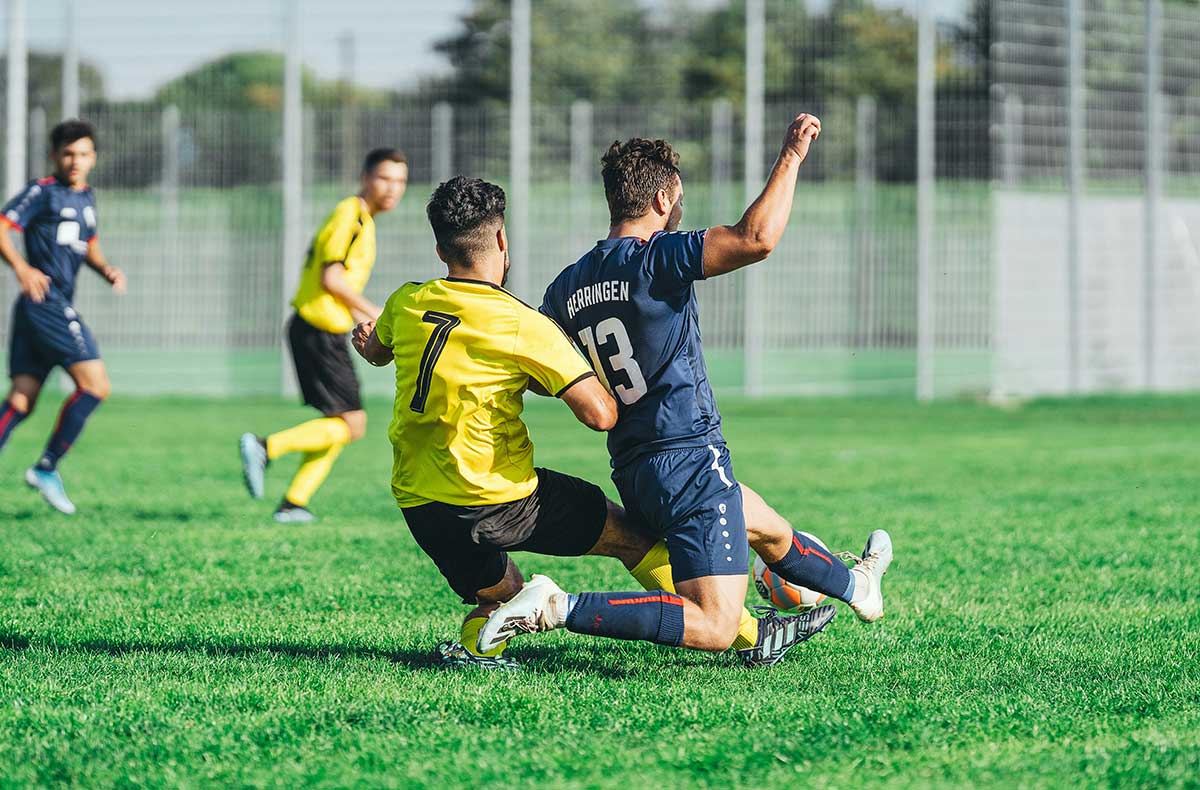
What do football scouts look for in Defenders?
Understanding the Role of Defenders Before diving into the specifics, it’s essential to grasp the fundamental role of defenders on the football pitch. Defenders form the backbone of a team’s defense, tasked with preventing opposing players from scoring goals and protecting their own goalkeepers. Whether it’s intercepting passes, making crucial tackles, or positioning themselves to block shots, defenders play a pivotal role in shaping the outcome of a match.
However, the role of a defender has drastically changed over the last decade. Gone are the days of just winning you headers and sending the ball long. The up and coming talent are now expected to play out from the back & ensuring that possession is kept, they not only win the ball back but are also the start of many patterns of play.
Tactical Awareness and Positioning
One of the primary qualities scouts evaluate in defenders is their tactical awareness and positioning. A top-tier defender must possess the ability to read the game, anticipate opposition movements, and position themselves effectively to neutralise attacking threats. Whether it’s cutting off passing lanes, marking opposing players, or organising the defensive line, tactical astuteness is essential for a defender to excel at the highest level.
Tackling and Defensive Skills
At the heart of a defender’s repertoire lies their tackling and defensive skills. Scouts closely assess a defender’s ability to make well-timed tackles, interceptions, and blocks to dispossess opposition players and regain possession for their team. Whether it’s a last-ditch sliding tackle to deny a goal-scoring opportunity or a perfectly executed standing tackle to win back the ball, defensive prowess is non-negotiable for any top-quality defender.
Physical Attributes
In addition to technical and tactical skills, scouts pay close attention to the physical attributes of defenders. Strength, speed, and aerial ability are all crucial qualities that contribute to a defender’s effectiveness on the field. A physically imposing defender can outmuscle opposing players in one-on-one duels, recover quickly to track back and cover defensive gaps, and dominate in aerial duels both defensively and offensively during set-piece situations.
Ball-playing Ability
In the modern era of football, defenders are not just tasked with stopping attacks; they are also expected to contribute to their team’s build-up play. As such, scouts look for defenders who are comfortable on the ball, possess good passing range, and have the composure to play out from the back under pressure. A ball-playing defender can initiate attacks from deep positions, break the lines with accurate long passes, and help their team maintain possession in key areas of the pitch.
Leadership and Communication
Last but certainly not least, scouts value defenders who demonstrate leadership qualities and effective communication skills on the field. A vocal defender who organises the defensive line, directs teammates into position, and motivates their peers can galvanise the entire team’s defensive efforts and instill confidence in those around them.
In conclusion, football scouts seek a combination of tactical awareness, defensive skills, physical attributes, ball-playing ability, leadership, and communication when evaluating defenders. While each defender may possess different strengths and weaknesses, those who excel in these key areas are more likely to catch the eye of scouts and carve out successful careers as the defensive stalwarts of tomorrow. So whether you’re a budding defender looking to showcase your talent or a passionate football enthusiast eager to understand the intricacies of scouting, remember that the journey to becoming a top-tier defender begins with mastering the essential attributes that scouts seek on the backline.
Looking for advice on how to get scouted for another position, look at some of our other guides here!


